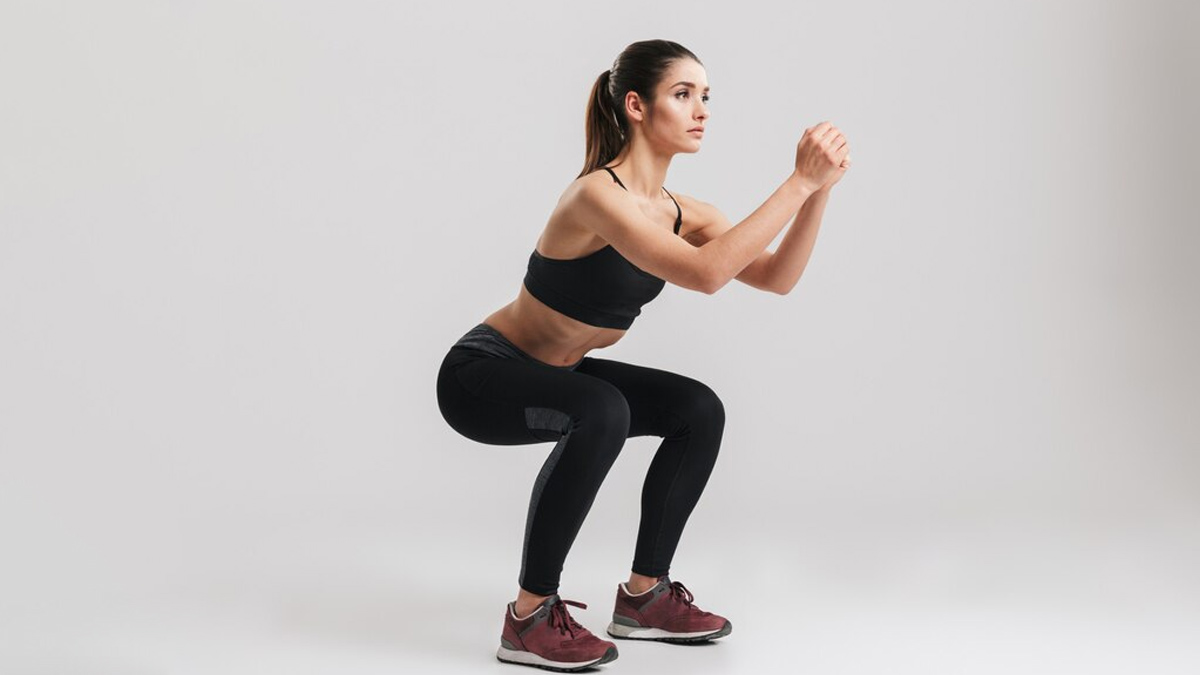
In the pursuit of a healthy and resilient body, incorporating effective exercises into your routine is crucial. Squats, often hailed as the king of exercises, go beyond just building leg strength – they play a pivotal role in reducing the risk of injuries. Here’s how squats can contribute to overall injury prevention and why they should be a staple in your fitness regimen.
Table of Content:-
Enhanced Stability and Balance

Squats engage multiple muscle groups, including the core, glutes, and stabiliser muscles. By targeting these areas, squats promote better balance and stability. Improved balance means a lower likelihood of stumbling or falling, which can significantly reduce the risk of injuries, especially among the ageing population.
Joint Health and Flexibility
Squats involve the movement of various joints, such as the hips, knees, and ankles. Performing squats with proper form helps maintain and improve joint health. The controlled motion of a squat enhances flexibility, reducing stiffness and the risk of strains or sprains associated with a limited range of motion.
Also Read: Dreaming Of A Figure Like Nora Fatehi? Here's Why You Should Do Squats Daily
Increased Muscle Strength

Strong muscles act as protective armour for your body, absorbing impact and stress that would otherwise affect joints and connective tissues. Squats target major muscle groups, promoting overall strength. A robust musculature helps shield your body from the impact of daily activities, lowering the risk of muscle-related injuries.
Spinal Health and Posture
Maintaining proper form during squats is essential for spinal alignment. As you squat, your core muscles engage to support your spine. This not only contributes to a healthier back but also promotes good posture. A strong, well-aligned spine is less prone to injuries like herniated discs and other back-related issues.
Functional Fitness
Squats mimic real-life movements, making them highly functional exercises. Whether you're lifting groceries, playing sports, or simply navigating your day-to-day activities, the strength and coordination gained from squats translate into practical, injury-preventing benefits.
Also Read: How Many Squats Should Be Done Daily?
Incorporating squats into your fitness routine isn't just about building impressive leg muscles – it's a holistic approach to injury prevention and overall well-being. By promoting stability, flexibility, muscle strength, and functional fitness, squats offer a multifaceted defence against potential injuries. Remember, as with any exercise, proper form is key, so consult with a fitness professional to ensure you're maximising the benefits of squats while minimising the risk of injury.
Also watch this video
How we keep this article up to date:
We work with experts and keep a close eye on the latest in health and wellness. Whenever there is a new research or helpful information, we update our articles with accurate and useful advice.
Current Version